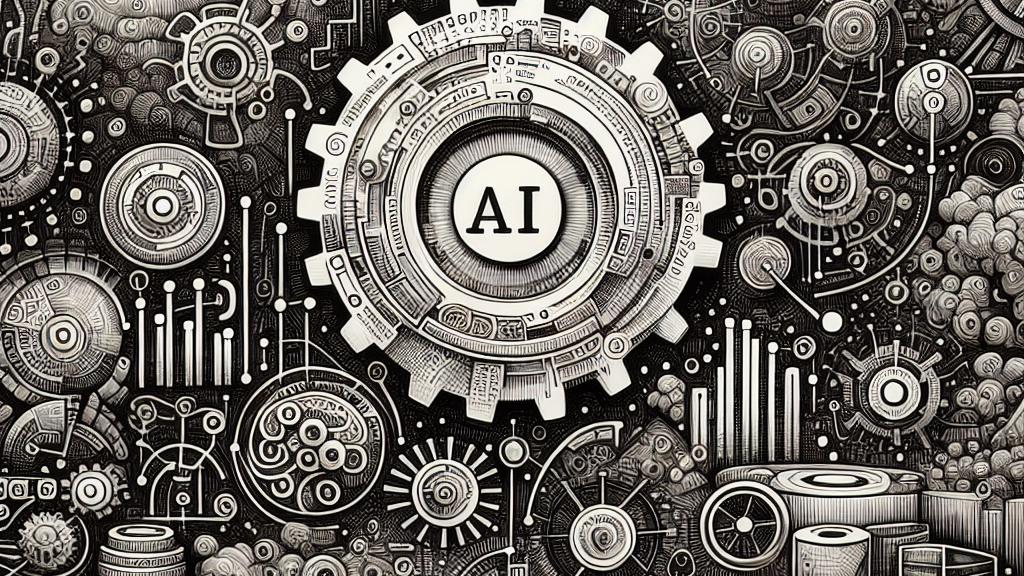Advancements in AI for Big Data and Particle Beam Research
Overview
- Discover how AI is transforming the handling of massive datasets in science.
- Explore the innovative applications of machine learning in optimizing particle beam tuning.
- Understand the exciting future that AI holds for groundbreaking research endeavors.

Harnessing AI: A New Era in Big Data Management
At the prestigious SLAC National Accelerator Laboratory in the United States, scientists are embracing a revolutionary shift—artificial intelligence (AI) is becoming an indispensable tool in managing big data. Each day, researchers generate colossal amounts of intricate data from experiments in particle physics, which can be likened to navigating a labyrinth of numbers and observations. Traditional data processing methods often falter under this immense weight. For instance, consider the vast amounts of information produced by the Legacy Survey of Space and Time (LSST); without AI, extracting meaningful insights would be akin to finding a needle in a haystack. Thankfully, AI is stepping in to facilitate rapid data analysis, enabling researchers to uncover patterns, draw conclusions, and make informed decisions faster than ever before!
The Art and Science of Tuning Particle Beams with Machine Learning
Tuning electron beams at SLAC isn’t just about hitting the right buttons—it's a meticulous craft requiring both skill and precision. Operators must adjust a multitude of parameters, akin to fine-tuning a musical instrument, to deliver the ideal beam quality for groundbreaking experiments. However, the introduction of innovative machine learning techniques is transforming this practice. Take, for example, phase space reconstruction—a game-changing approach that merges computational physics with advanced algorithms. This technique allows the visualization of beam dynamics in real-time, reducing the traditionally hours-long process to mere minutes. This significant reduction not only streamlines operations but also empowers scientists to experiment dynamically, adjusting configurations on the fly according to their specific needs.
Envisioning the Future: AI's Role in Scientific Breakthroughs
Looking toward the horizon, the potential of AI in scientific exploration is staggering. With enhanced capabilities for data analysis, AI equips scientists to tackle some of the universe's most daunting questions, from probing the nature of dark energy to developing revolutionary materials for clean energy. Imagine a scenario where complex problems are solved in real-time with the assistance of AI, allowing researchers to innovate continuously. The union of AI and particle physics is not merely advantageous; it’s transformative, paving the way for discoveries that were once beyond our grasp. As machine learning and AI technologies continue to evolve, they will unlock unprecedented avenues for research, making this an exhilarating time to engage with science.

Loading...